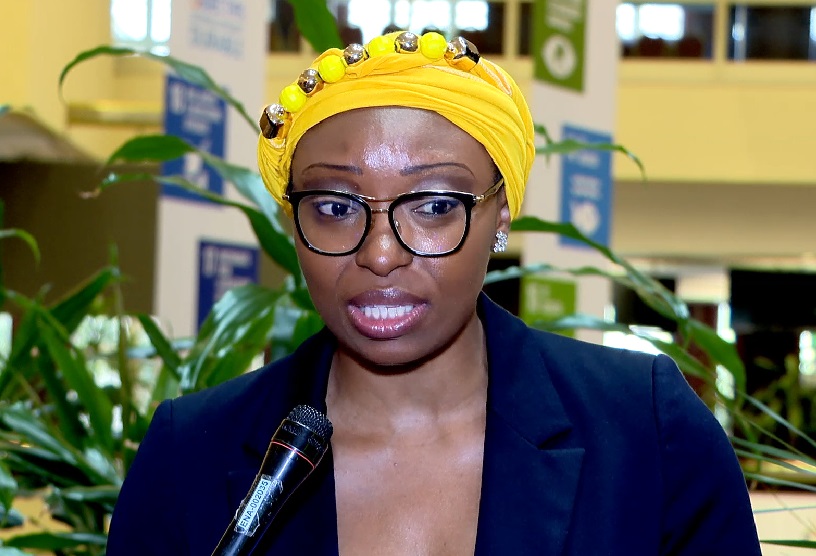Capital Markets Crucial to Economic Transformation, Bridging Financial Gaps in Africa - ENA English
Capital Markets Crucial to Economic Transformation, Bridging Financial Gaps in Africa

Addis Ababa June 12/2024 (ENA) The development of capital markets is paramount in Africa's quest for economic transformation and in bridging financial gaps, ECA Finance and Domestic Resource Mobilization Section Chief Sonia Essobmagje said.
A two-day workshop on Local Currency and Capital Market Development for Central Banks that opened today is underway in Addis Ababa.
ECA Finance and Domestic Resource Mobilization Section Chief, Sonia Essobmagje, told ENA that the significance of local currency financing cannot be overstressed and it is a critical enabler for mobilizing domestic resources, mitigating currency risk, and fostering a stable environment for investment.
Prioritizing this form of financing means taking a proactive step towards insulating economies from external shocks and creating a more resilient financial ecosystem, she stated.
Moreover, the development of capital markets is paramount in the quest for economic transformation, Essobmagje said, adding that these markets serve as a conduit for channeling savings into productive investments, facilitating the efficient allocation of capital, and ultimately driving economic development.
According to her, the continent has been severely affected by different crises and one of the main impacts of the crises has been also very limited access to international markets.
She further pointed out that bridging the financing gap is a major challenge when it comes to infrastructure in Africa.
The African Development Bank estimates that between 130-170 billion USD is required for infrastructure development each year, leaving a gap of around 100 USD billion.
“Having strong capital market is really important and capital market is a vehicle to channel domestic saving to productive sector investments. We also see capital market as a critical tool in every financial sector to make sure that access to finance is actually addressed,” Essobmagje said.
Financial Sector Deepening Africa (FSD Africa) Program Head, Jemima Gathumi said on her part that there is no enough long term finance to finance infrastructure.
She revealed that there is about 2.4 trillion USD, which is held by institutional investors such as pension funds, insurance, sovereign wealth funds and other institutional investors, available in the African continent.
“The issue lies in the underutilization of the 2.4 trillion USD available in local currency, which could otherwise be harnessed to meet the needs of the African continent, such as infrastructural development. Currently, financial markets face various challenges that hinder the flow of this finance to the necessary priorities,” the head elaborated.
What Financial Sector Deepening Africa tries to do is to make sure that financial market can be better equipped to respond to those challenges and be able to direct financing to opportunities such as infrastructure developing in Africa.
Currency Exchange Fund (TCX) Senior Vice President Isabelle Lessedjina said local currency financing is key to the development of the African continent.
Finding solution to finance Africa's economy in a sustainable and resilient is the way to develop our economies, she stressed.
Ethiopian Securities Exchange (ESX) Chief Operating Officer, Michele Habte for his part emphasized the primary purpose of establishing stock exchanges and capital markets to enhance access to finance.
Across Africa, bank finance is very limited, borrowers are very few, finance doesn't reach the lowest levels, and sometimes interest rates are very high, he elaborated.
Capital markets offer investors various avenues for investment and capital issuance, enabling them to access better rate returns, whether through stocks, equities, or bonds.
“We have seen across the world that capital market plays a big role in reducing access to finance issues and improving access to finance both for individuals and corporations.”
The ESX chief operating officer stated that the whole idea at the end of the day is for a lot of countries, including Ethiopia, to get away from external financing.